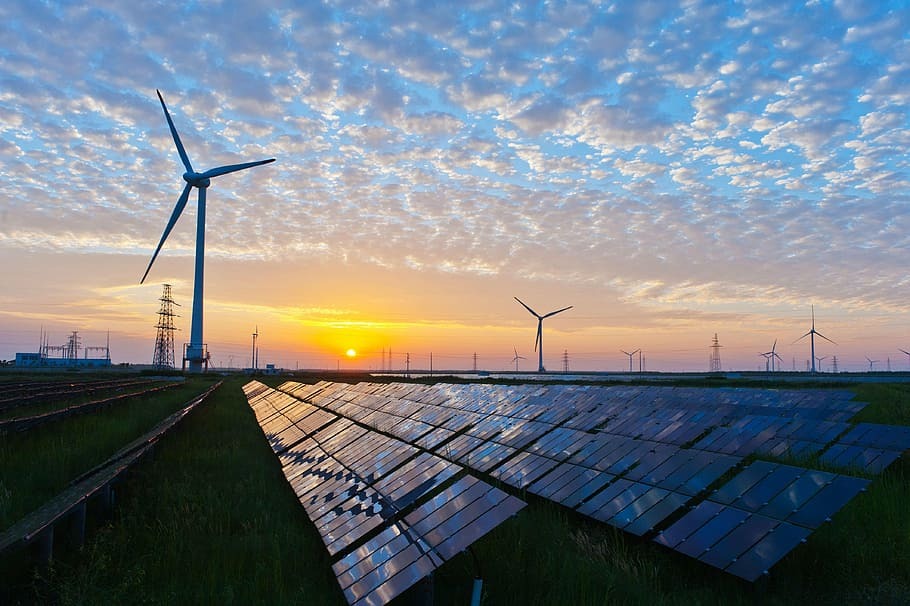British Gas has become the most recent supplier to launch a 100% renewable tariff, with the announcement of its Green Future Tariff.
It will provide customers with 100% renewable electricity matched through Guarantees of Origin certificates or Renewable Energy Guarantee of Origin certificates (REGOs) or both.
The tariff will also include Green Gas, with 10% sourced from biomethane produced by renewables and the remaining 90% carbon offset thanks to a partnership with ClimateCare.
The Green Future Tariff will cost on average £1237 a year, and be a fixed price until July 2022. While this is slightly more expensive than British Gas’ standard tariff, the company says it “offers a cost-effective option for those looking for the greenest tariffs”.
Additionally, the tariff will help fund the Ecomapua Project in the Amazon Rainforest, which helps to protect against deforestation. In the UK, funding will go to woodland projects, with households helping to grow ten trees a year each from choosing the tariff according to British Gas.
Dave Kirwan, managing director of UK home at Centrica said: “Customers who choose this tariff will have peace of mind that they are making a positive contribution towards tackling climate change.
“We want to offer our customers different types of tariffs that suit their individual needs and for some that means knowing their energy is from environmentally friendly sources.”
The tariff is designed to support parent company Centrica’s green ambitions, with a goal of being net zero by 2050, to help customers reduce their emissions by 25% and build a portfolio of 7GW of flexible, distributed and low carbon technologies.
However, the Green Future Tariff’s use of REGOs could come in for criticism, as in the past REGOs have been called “loopholes”. During its rebrand of First Utility to Shell Energy, Shell announced that it would supply all of it customers with 100% renewables.
Good Energy quickly attacked the plan that was reliant on REGOs however, with senior forecasting analyst at Good Energy, Thomas Harrison writing:
“We see the REGO loophole being exploited more and more. Instead of ‘providing transparency to customers’ REGO trading is actually hiding the difference between fossil fuel based suppliers like Shell Energy and suppliers who go to the extra effort and expense to contract directly with renewable generators and buy real green power.”
With green tariffs becoming commonplace in the UK market, British Gas’s new offering may be in for similar criticism and certainly competition.
Last year, E.On announced that all of its 3.3 million residential customers will be automatically switched to 100% renewable energy, following this announcement earlier in 2020 by announcing it would be switching its commercial customers to renewable energy too.
As well as majors such as E.On, a host of smaller suppliers offer a green alternative to traditional tariffs, such as Octopus Energy and London Power, as well as companies like Good Energy.
Other companies have recently launched green tariffs, such as Bristol Energy which has launched three new green tariffs as part of the city’s push to be net zero by 2030, all of which use 100% renewable electricity.
Elsewhere Co-op Energy recently launched the first tariff that uses entirely community sourced power, in order to support decentralisation efforts and local schemes .





